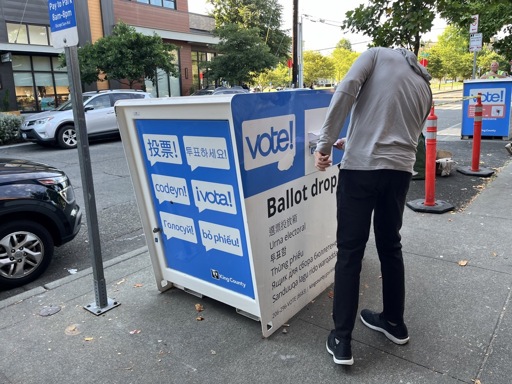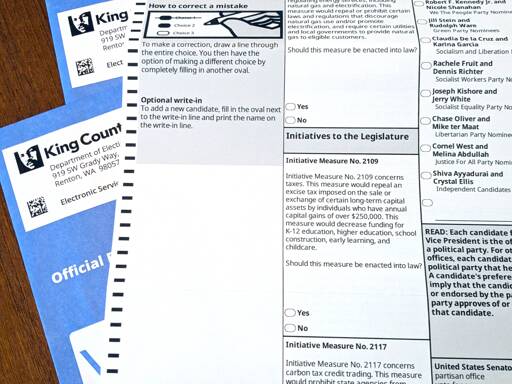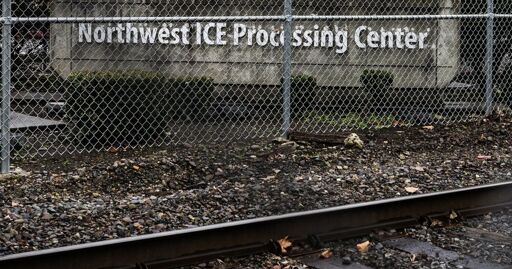

Under the proposed measure, a person registering for the first time must complete the voter registration form as well as have one of the required documents. For existing voters, county auditors, by July 1, 2027 must work with the state Department of Licensing to see which ones have an enhanced driver’s license or identicard. Those that do remain registered automatically.
Those who do not will get a notice to go to their county auditor’s office and present one of the approved documents to show they are a citizen. Reminder notices must be sent. A voter has up until 14 days before the November 2027 election to produce documents.
So those that don’t have enhanced IDs will have their right to vote stripped and will be confused when they don’t receive a ballot. By the time they give in to investigate, it’ll be too late to vote.
It’s a voter suppression initiative, shocker.
















I hope you’re right.